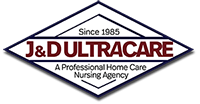According to an article appearing on news-medical.net, a research team from Children’s Hospital of Philadelphia (CHOP) published a study detailing longterm extracorporeal membrane oxygenation (ECMO) in the August 2017 issue of Pediatric Critical Care Medicine. According to the article, the study found a positive outcome among survivors, as reported by their families.
Read more here
